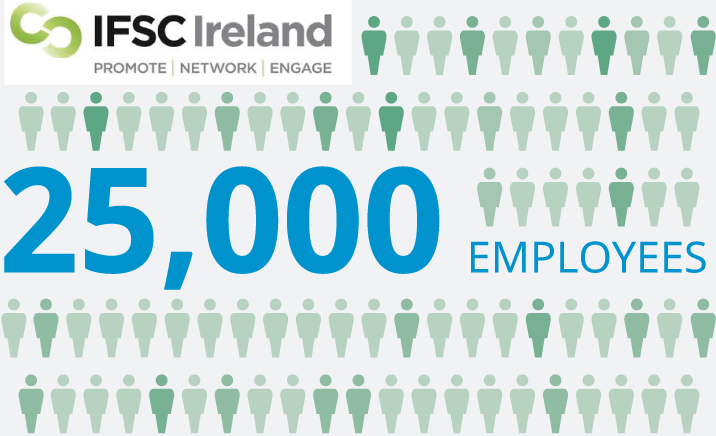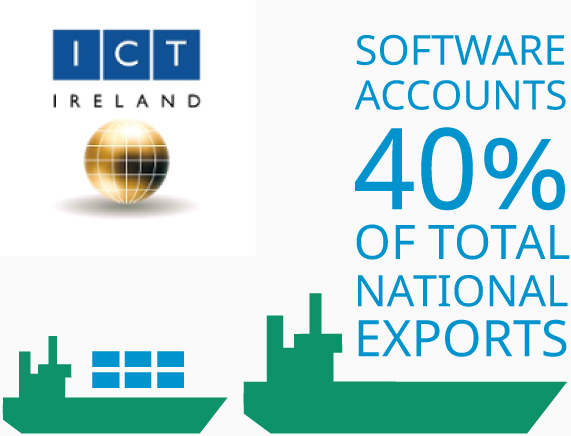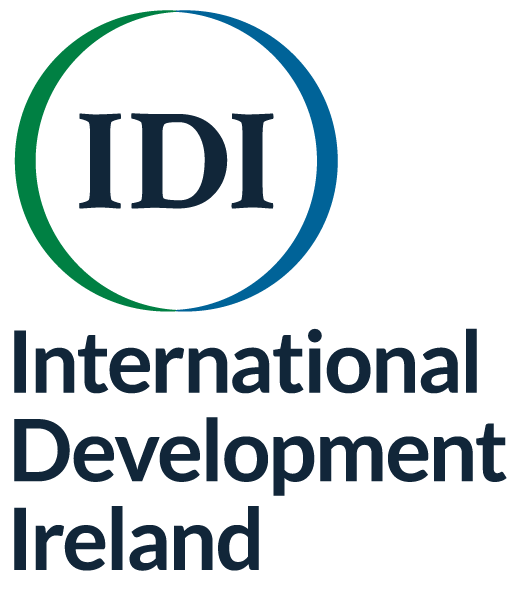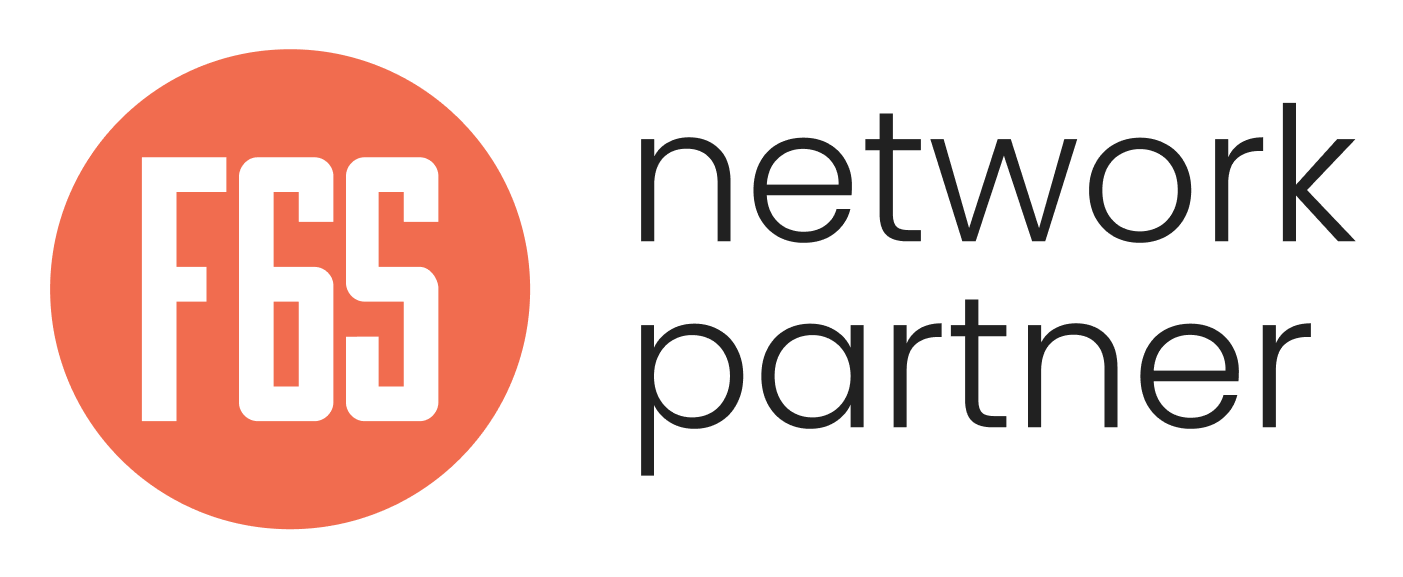The Irish Success Story
Ireland is a small agile economy and benefits from the ability of the Government and policy-makers to adopt and implement policy relatively quickly and to make changes where required. In this environment, professionals and decision-makers have been able to adopt and increasingly lead international good practice.
Success stories which stand out include cluster developments in Life Sciences, ICT, Financial Services and Agrifoods; the recovery in tourism after the crisis of 2007/8 and the development of an indigenous research base over the last 15 years.
These national success stories derive in no small part from the calibre of the policy-makers, professionals and executives across the integrated eco-systems in Ireland. It is this talent base which IDI taps into to bring deep domain expertise and a strong implementation ethos to all clients we work with.
Cluster Development

Ireland’s Life Sciences sector has grown from very humble beginnings in the 1960s to reach global significance. Collaborative clusters in Pharmaceutical, Biotechnology, Medical Devices and Diagnostics have been a key element behind the remarkable growth of a sector that now employs close to 50,000 people.
The Bio Pharmaceutical industry has made a capital investment of approximately $8 billion in new facilities in Ireland, most of which has come in the last 10 years. This represents close to the biggest wave of investment in new BioTech facilities anywhere in the world

Ireland is the eighth largest producer of pharmaceuticals in the world and is home to nine of the top ten pharmaceutical companies.

Ireland’s internationally trading financial services industry, employing approximately 25,000 is centred on the Irish Financial Services Centre in Central Dublin. From 1989 when there was just one fund registered, the cluster has mushroomed to some 450 internationally and Irish owned cross border financial services businesses, operating in over 1,000 corporate entities. In addition, indirect IFSC employment stands at over 6,000 in professional services, and markets infrastructure (service provider) companies.

The Information and Communication Technology (ICT) cluster is world-renown and continues to flourish. The top ten ‘Born on the Internet’ companies, the top three Global Enterprise Software companies and nine of the top ten global software companies are located in Ireland. ICT accounts for 40% of total national exports. The current range of ICT companies is increasingly focused on smart infrastructure; analytics and big data; cloud; high tech manufacturing; apps content and mobile and digital services.
Agriculture


The Information and Communication Technology (ICT) cluster is world-renown and continues to flourish. The top ten ‘Born on the Internet’ companies, the top three Global Enterprise Software companies and nine of the top ten global software companies are located in Ireland. ICT accounts for 40% of total national exports. The current range of ICT companies is increasingly focused on smart infrastructure; analytics and big data; cloud; high tech manufacturing; apps content and mobile and digital services.
Around these integrated clusters, there is a broad and deep support infrastructure of companies providing support services including logistics, call center support, back office functions, localisation, data storage and high quality accommodation on zones and industrial parks.
Tourism

Tourism is the largest indigenous industry on the island of Ireland and is a key contributor to economic and social wellbeing across the country. The focus on quality has created an appealing visitor experience both in the cities and, in particular, in local communities away from the urban centres.
During the 1990’s there was considerable investment in both training and the tourism infrastructure. However, the key strength of the sector is its ability to recover after sharp downturns – notably after 9/11 and the global downturn in 2007/8.
Research
- No. 1 in Molecular Genetics and Genomics;
- No. 3 in Immunology;
- No. 8 in Materials Science.
- 1st in Immunology
- 1st in Animal and Dairy
- 3rd in Nanosciences
- 4th in Computer Science
- 6th in Materials Science
There are currently 12 SFI research centres. SFI researchers publish over 5,000 scientific papers annually and are engaged in over 1,900 international partnerships in 90 countries.
The development of the research base has occurred in parallel to the strengthening of the technology transfer, seed and venture capital and entrepreneurship development structures.


